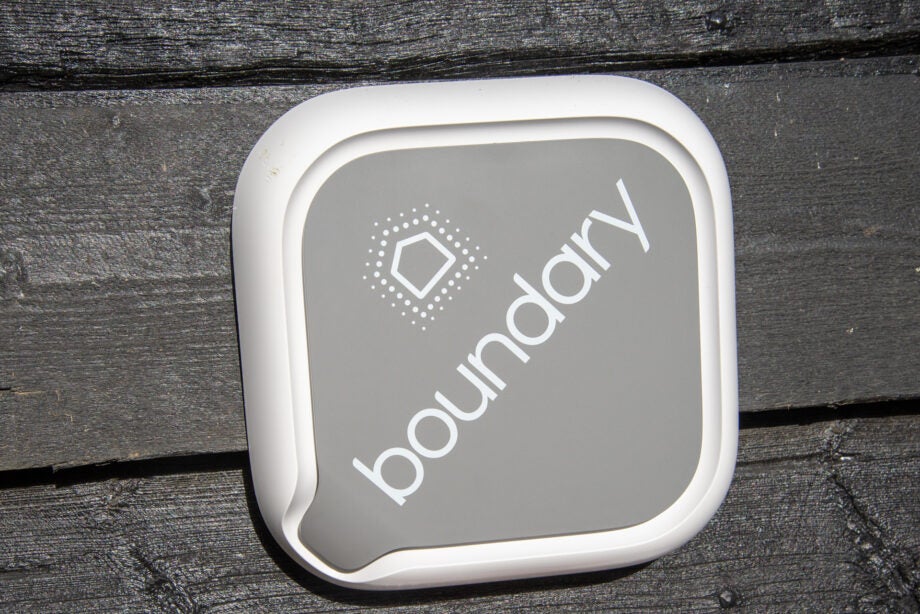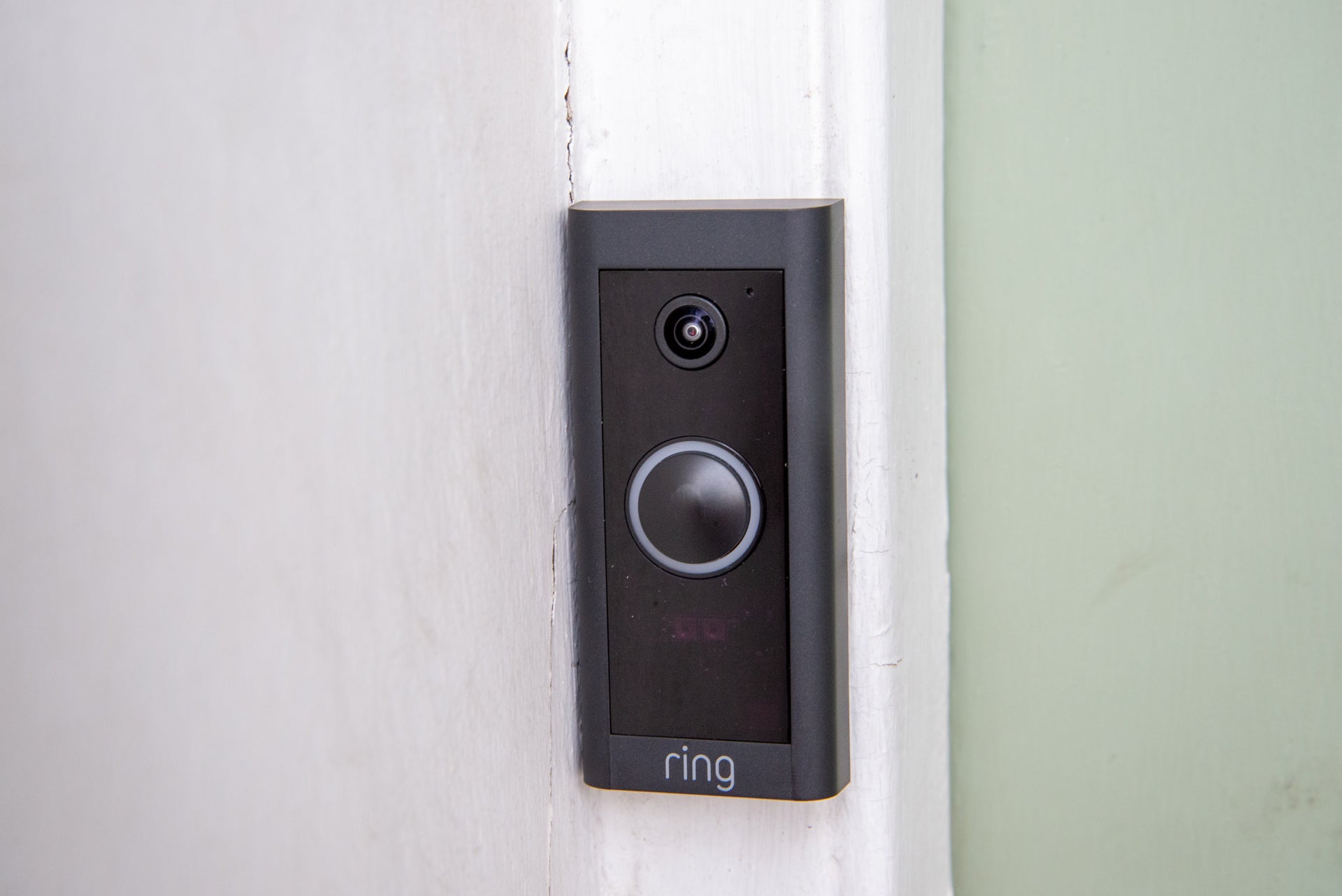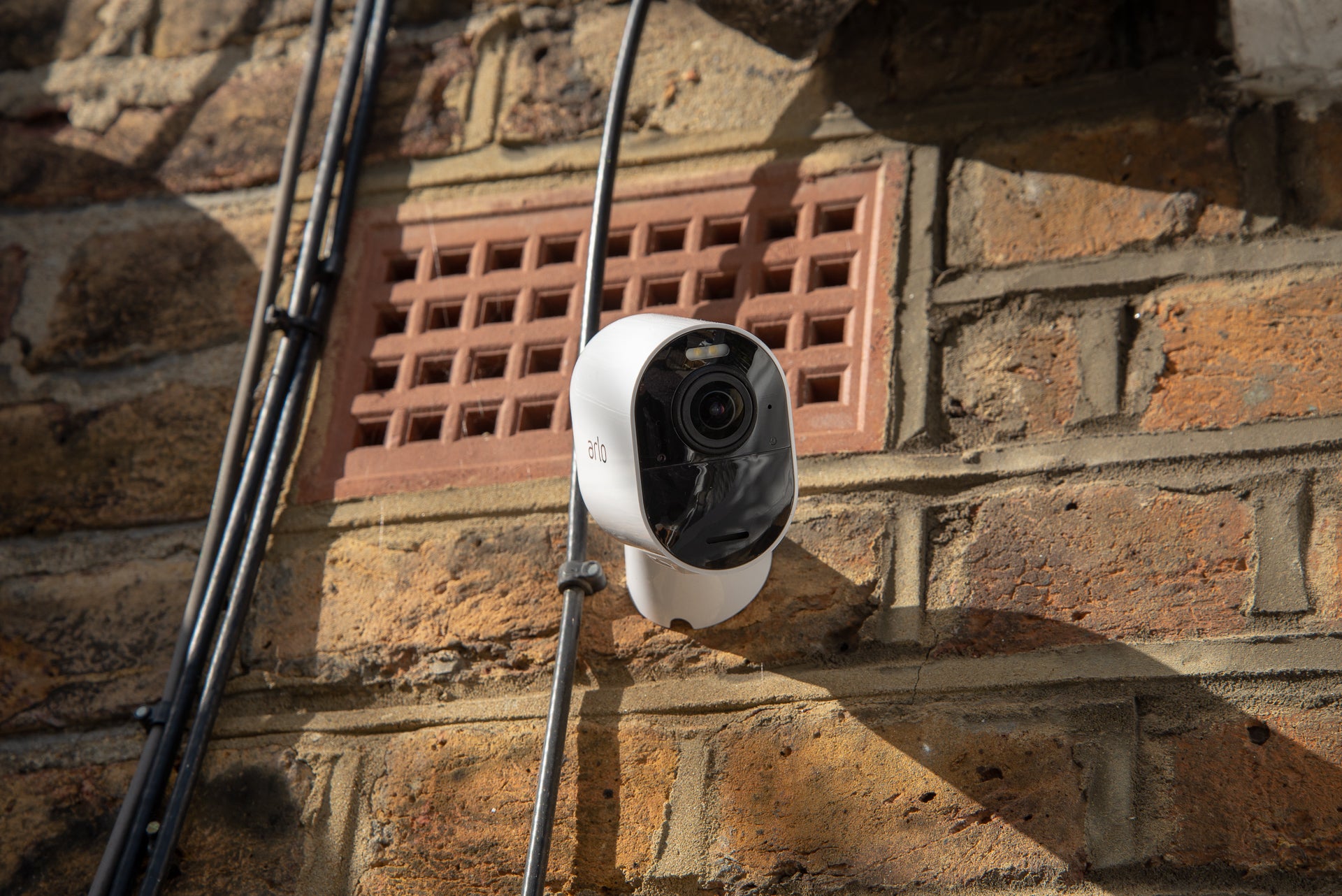What are alarm system grades?

Smart alarm systems are a great way to protect your home, giving you notifications if the alarm is triggered while you’re away so that you can respond directly at the most critical point.
There’s a huge amount of choice available, including some with an official grade. So, what are alarm system grades, and why should you care?
How are alarms graded?
There are specific standards under which alarm systems are graded. They are EN50131 in the EU and BS EN50131 in the UK. Under these standards, an alarm system is tested and graded based on its quality and ability to thwart attempts to bypass the system by thieves.
What are the alarm system grades?
The standard outlines four grades for alarm systems, numbered from 1 (lowest) to 4 (highest). The basic description of each is:
- Grade 1: Designed for homes that are at low risk from opportunistic threats and where there are few items of value.
- Grade 2: Designed to resist intruders with knowledge of alarms, these systems are built for domestic properties. Grade 2 systems can see a discount on insurance with some insurers.
- Grade 3: Designed to thwart thieves with expert knowledge of alarm systems and typically designed to protect large commercial properties.
- Grade 4: Designed to protect against professional burglars. Typically, banks and other institutions requiring the highest level of protection require this level of alarm system.
For homes, Grade 2 alarms are the highest rated that you can buy, and anything above this isn’t required.
Do graded alarms have to be professionally installed?
To meet the grading, alarms do have to be professionally installed. This ensures that few false alarms are caused by sensors being accidentally triggered. This kind of installation also ensures that the minimum specifications are met.
For Grade 1 alarms, there have to be either two warning devices, one self-powered warning device or a connection to an alarm monitoring centre. Grade 2 alarms must be connected to an alarm monitoring centre, and have one self-powered warning device or two other warning devices.
Can the police be dispatched automatically with graded alarm systems?
If a graded alarm is connected to an alarm monitoring centre, then all alerts are sent through. Although you’ll be contacted first, these centres can dispatch the police if you either confirm a break-in or can’t be contacted. This level of protection is one of the main reasons that professional installation and grading are required, as it reduces false alerts and stops wasting police time.
Do alarm systems have to be graded?
There’s no requirement to have alarms graded, and many DIY products, such as the Ring Alarm, aren’t graded. That means that there’s no guarantee of how well the system will work. Some alarm systems, such as Boundary, have a self-installation option. If you take this, you save on the installation cost (around £200), but the alarm isn’t Grade 2 certified, so it can’t be connected to the monitoring centre for automatic police dispatch.
Can uncertified alarm systems have police dispatch?
Yes, they can, but you’ll need a camera in your home. Buy SimpliSafe, for example, and the monitoring centre can check your camera feed if an alarm is triggered. If an intruder is spotted, then the police can be sent to your property. In the same way, as with certified systems, the monitoring centre will call you first to try and establish if there’s a false alarm or not. Many systems like this also offer a private security firm option: if the centre can’t verify a break-in, they can dispatch private security to check out your house, although this is expensive.
Which type of system is best?
Graded systems offer a higher level of certified protection. The monitoring options are also better, as they don’t require cameras in your home for the monitoring centre to dispatch police on your behalf. As they’re professionally installed, there’s also less chance of a false alarm.
In the UK, the police will downgrade a property if three or more false alarms occur in a year, reducing the response time and even potentially withdrawing support entirely.
Ultimately, what you want depends on your home, how often you’re around and the level of protection that you require.




